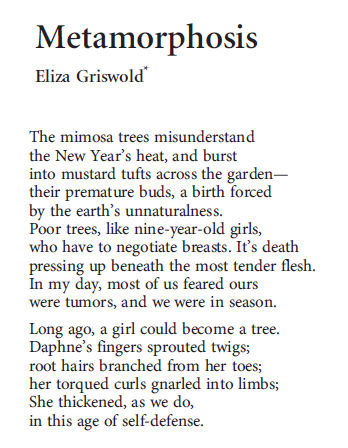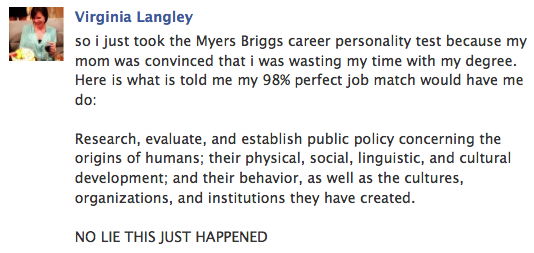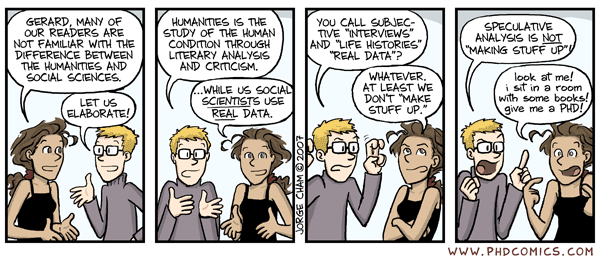My undergraduate degree was in what my university (Queen’s University) called Life Sciences–what others might have once called pre-med. Many of us wrote the MCAT (as I did) but not all of us got into medicine (as I didn’t, but as my roommate did). In our first year, we predictably took courses in Chemistry, Biology, Physics (each of which had its own three hour lab too, of course), Calculus, and Psychology–the last being an elective but everyone pretty much took it. In other years we enrolled in such courses as Organic Chemistry, Genetics, Biochemistry, Histology, Abnormal Psych, Anatomy, Statistics, Brain and Behavior, Physiology, etc. I would imagine that many of my classmates who, like the vast majority of us, didn’t get into medicine, have ended up in one of the many adjacent fields–such as going on to do a Master of Science degree in Microbiology (“micro” for the initiated), or eventually going into, say, Pharmacology–either to do research, work for a drug company’s marketing division (as one friend did after getting his Ph.D.), or owning your own pharmacy (the route taken by another good friend from my Life Sciences days). Continue reading ““You Just Watch Me!””
 Continue reading ““And That’s Why No One Takes The Humanities Seriously””
Continue reading ““And That’s Why No One Takes The Humanities Seriously””




